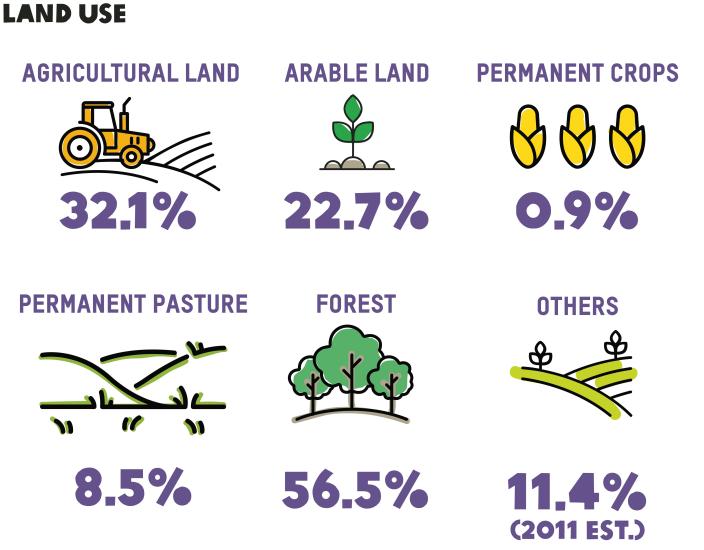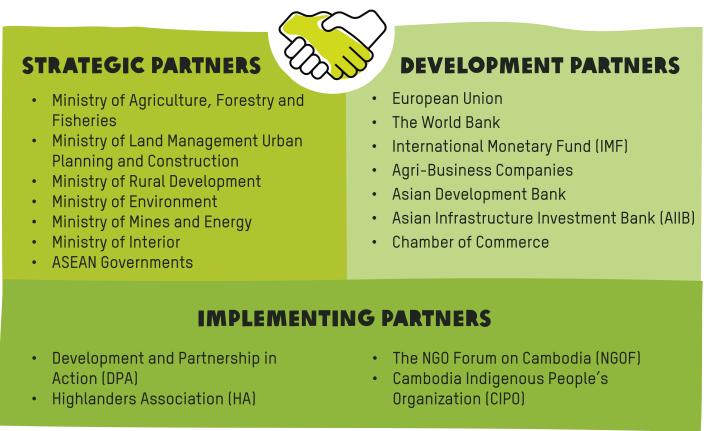CONTEXT
Cambodia covers a total area of 181,035 km2 (of which water represents 2.5%) and its estimated population in July 2017 was about 16,204,486.

Cambodia has a long history of land ownership. Prior to the French colonial period, all land in Cambodia belonged to the King. The notion of land ownership was introduced under the French Protectorate and was maintained in the post-independence era until the abolition of private property by the Khmer Rouge. The Paris Peace Agreement in 1991 ended Vietnamese occupation and established a market economy, leading to the restoration of private land ownership in the 1993 Constitution.
As the vast majority of Cambodians live in rural areas performing jobs as small-holding farmers, land is consider as the most crucial asset for the Cambodian poor and it serves as an important means for their food and income needs. After the 1990s, the increased market land value, and the increased population have led to increased competition for land, and resulted in land conflicts. Population growth was cited as a cause for landlessness, i.e. it led to smaller plot sizes in densely populated areas, but land grabbing was frequently cited as another significant cause, in which more powerful actors displace current, generally poor owner-cultivators in order to acquire valuable land. The economic land concession (ELC) initiative offered by the government of Cambodia to private companies provided a lot of negative implications, in particular, land grabbing.
Women have less of a voice in community and socio-political structures such as in village committees, commune councils, and even in civil society organisations. Gender-stereotypes, with men at the top of all decision making, remains deeply embedded in Khmer society and culture while women, especially women-head of householders incur the greatest impact and are most vulnerable when their land tenure security and access to land is denied. Most land is generally registered in the husband’s name only or requires both names but not the wife’s name, even if the family have lived in separation for a long time.
Land Governance is one of thematic focuses of Oxfam in Cambodia’s Natural Resources Governance Program which aims at supporting women and men to realise their rights to take control of and gain benefits from Cambodia’s natural resources (land, water, extractives, forest and fishery) and secure sustainable livelihoods.
APPROACH
Oxfam is working with different stakeholders ranking from the government, development partners, private companies, and local and international organisations at all levels to inform, increase and empower the voices of small land-holder farmers to claim free access and control over their land and natural resources.
- Evidence-Based Scientific Research
- Direct Engagement with Stakeholders
- Coalition Building and Networking
- Promote Gender Justice and Women Leadership in Land Governance
- Public Campaigning and Media Work
- Awareness Raising and Capacity Building

